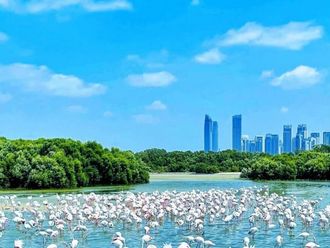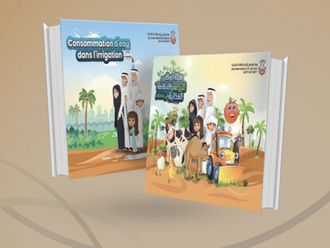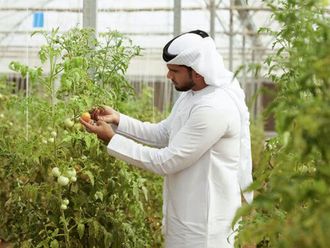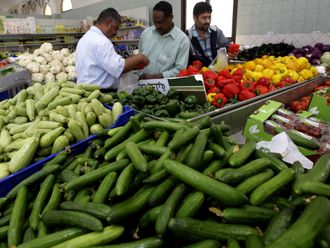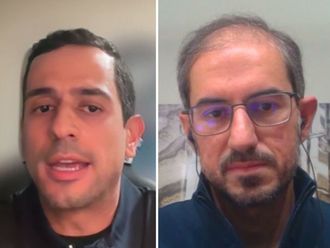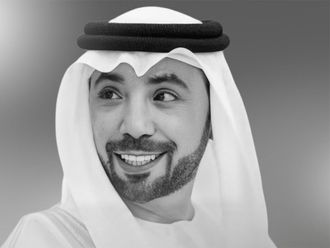Abu Dhabi: Authorities have decided to formulate a nationwide integrated fisheries research plan for the first time in the UAE.
This was discussed at a recent workshop organised by the Environment Agency-Abu Dhabi (EAD) and the Ministry of Environment and Water with UAE fisheries scientists.
The workshop, attended by 22 scientists and fisheries professionals, was held in the backdrop of the current severely overexploited state of the UAE’s fisheries. The workshop forms part of the wider UAE Fisheries Change Management Programme that will be launched by the ministry and the EAD imminently, a joint press release issued by the two authorities said on Tuesday.
The scientific research workshop, which was the first step of the programme, hosted representatives from the ministry, the EAD, Dubai Municipality, Emirates Wildlife Society — WWF (World Wide Fund for Nature), and New York University — Abu Dhabi.
The attendees expressed their concern about the state of the UAE’s fisheries. They regarded a scientific research workshop as an essential first step to understand and improve the management of the UAE’s fish resources and associated fisheries.
Key research areas for 2016 and beyond were prioritised and included harmonising the gathering of catch and effort data across the UAE, further research into the biology and genetics of key fish species, and evaluating the effects of non-fishing activities on the fishery.
Razan Khalifa Al Mubarak, Secretary-General of the EAD, said: “The problem of dwindling fish stocks is not a legacy that we can pass on to future generations. It will be too late by then. But the good news is that with the active participation of all stakeholders we can halt and even reverse this decline for the good of our ecosystems, our fishing industry, ecotourism, cultural and leisure pursuits. We look forward to engaging with all fisheries stakeholders this year to find a sustainable solution.”
Eng Mariam Hareb, Acting Assistant Undersecretary for Water Resources and Nature Conservation at the ministry, said: “The current state of our fishery demands our attention and our current and future collaboration.”


